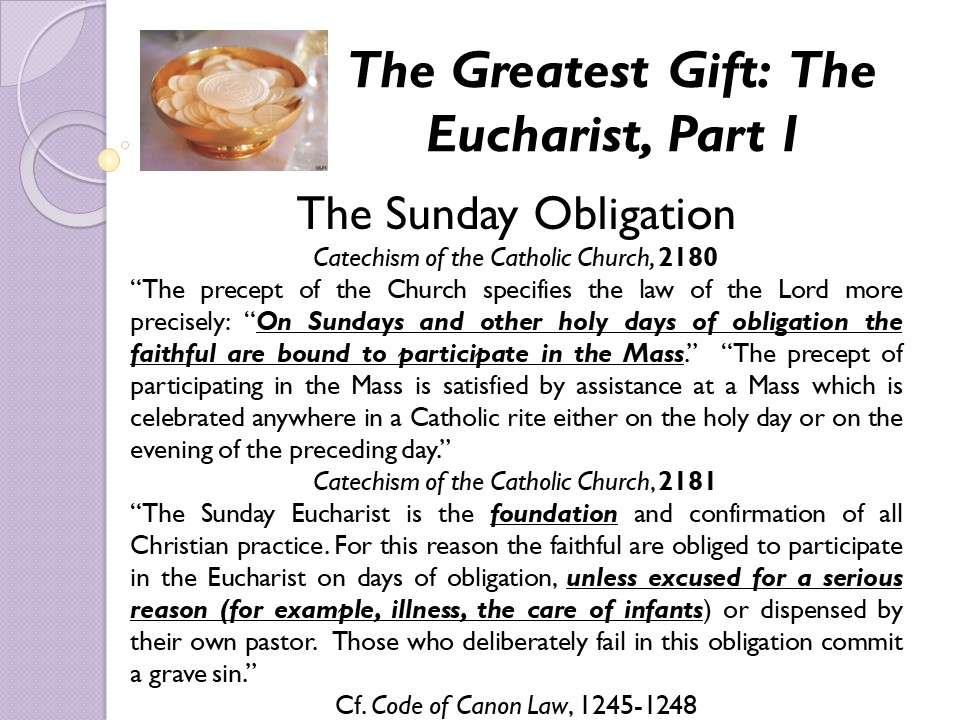Easter Sunday Morning, Year A
Acts 10:34a, 37-43
Psalm 118:1-2, 16-17, 22-23 (24)
Colossians 3:1-4
John 20:1-9
April 9, 2023
“On the first day of the week, Mary of Magdala came to the tomb early in the morning, while it was still dark.”
What did she find?
The stone covering the tomb had been removed. How could this be? They had buried Jesus there.
Mary of Magdala ran to “Simon Peter and to the other disciple whom Jesus loved.” She delivers the news that Jesus’ body had been taken from the tomb.
In turn, Peter and the other disciple ran to the tomb, astonished by the news. Peter, as the first among the Apostles, enters the tomb. Then, the other disciple went in “and he saw and believed.”
What did he see? Jesus’ body was gone. Only the burial clothes remained.
What did he believe? We are told that they still “did not yet understand the Scripture that he had to rise from the dead.”
The other disciple believed even though he did not understand.
To understand what he believed, we need to take a step back. Our first reading comes from the Acts of the Apostles after the disciples received the Holy Spirit at Pentecost. They had time to reflect on the empty tomb. They had encountered the risen Jesus. They received the Holy Spirit. Now, they understand more.
It is in this context that Peter gives a speech beginning, “You know what has happened all over Judea.” What has happened? Jesus, the Son of God, had become incarnate in the flesh. He experienced life as we do. “He went about doing good and healing all those oppressed by the devil, for God was with him.” Peter speaks as a witness to what Jesus did.
Then came something that was very difficult for the disciples to understand. Jesus, who they had come to know as the Messiah, was arrested and crucified. How could this be?
They had not understood the prophecies of the Messiah’s death. They had not understood when Jesus told them three times that He would suffer, died, and rise. It didn’t make sense to them.
Today we know the purpose of Jesus’ Passion. We know that his death on the Cross brings true forgiveness. Yet, as we meditate upon his Passion, we still wonder sometimes, did it have to happen this way.
It is what God planned all along.
Jesus’ death on the Cross is not a defeat. His life was not taken from him. He freely gave his life as a sacrifice, as THE Sacrifice for our sins.
His death was not a defeat. Neither was it the end of the story. This brings us to the empty tomb. Jesus’ body is gone! Has someone stolen it?
No, Jesus Christ is Risen today!
God has power even over death. God will raise all those who believe in him to new life.
This changes the way we look at the world. As Paul writes, “If then you were raised with Christ, seek what is above…Think of what is above, not of what is on earth.” At least, it should change the way we look at the world.
If earthly death is final, if there is nothing after earthly death, then the things of this world stand at the center of our lives.
However, earthly death is not final. There is eternal life with God.
We live in this world for a finite number of years. For most, it is less than one hundred years. Eternity is forever.
Which is more important? The limited number of years in this world or where we will spend eternity? Do you want to spend eternity with God in Heaven or with the devil in Hell?
I’m assuming you pick Heaven.
Then, seek what is above rather than earthly things. Seek God’s Truth, not the false ways of this world. Life in this world is not without its sufferings but the sufferings of this world pale in comparison to what God offers us in Heaven.
Jesus’ death makes possible eternal life for us when we submit our lives to Christ. What do you need to let go of in this world to put Christ first?
Jesus Christ is Risen Today. “This is the day the Lord has made; let us rejoice and be glad.”

